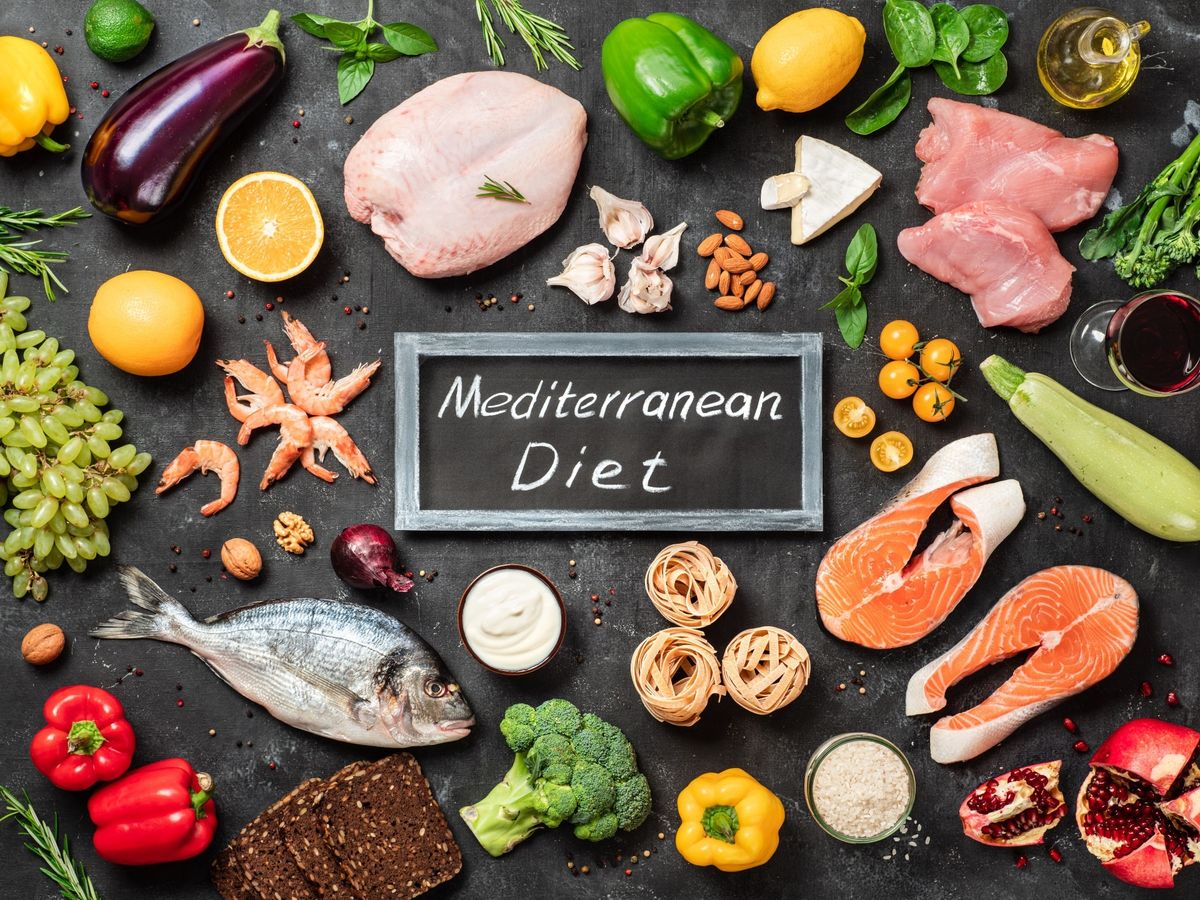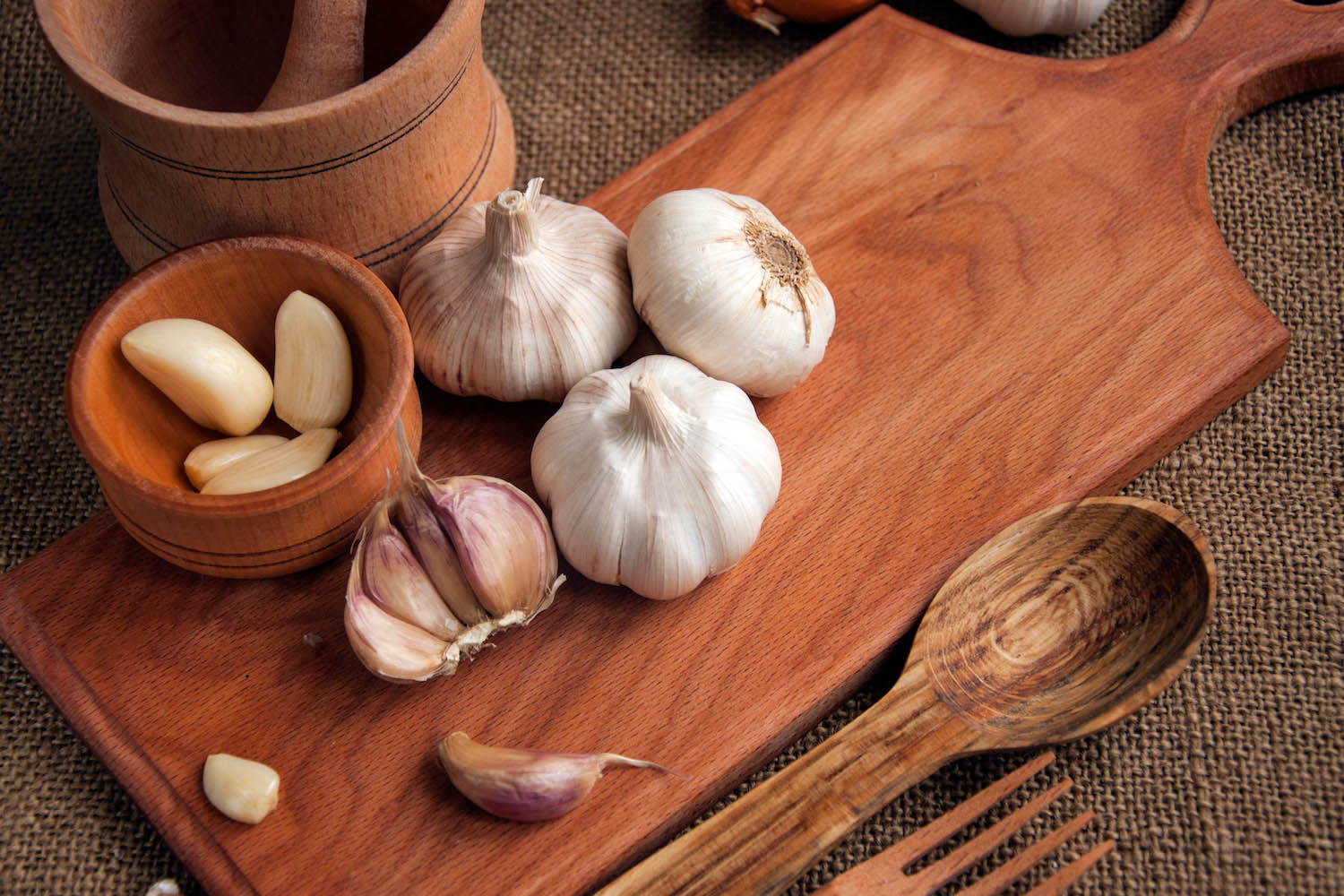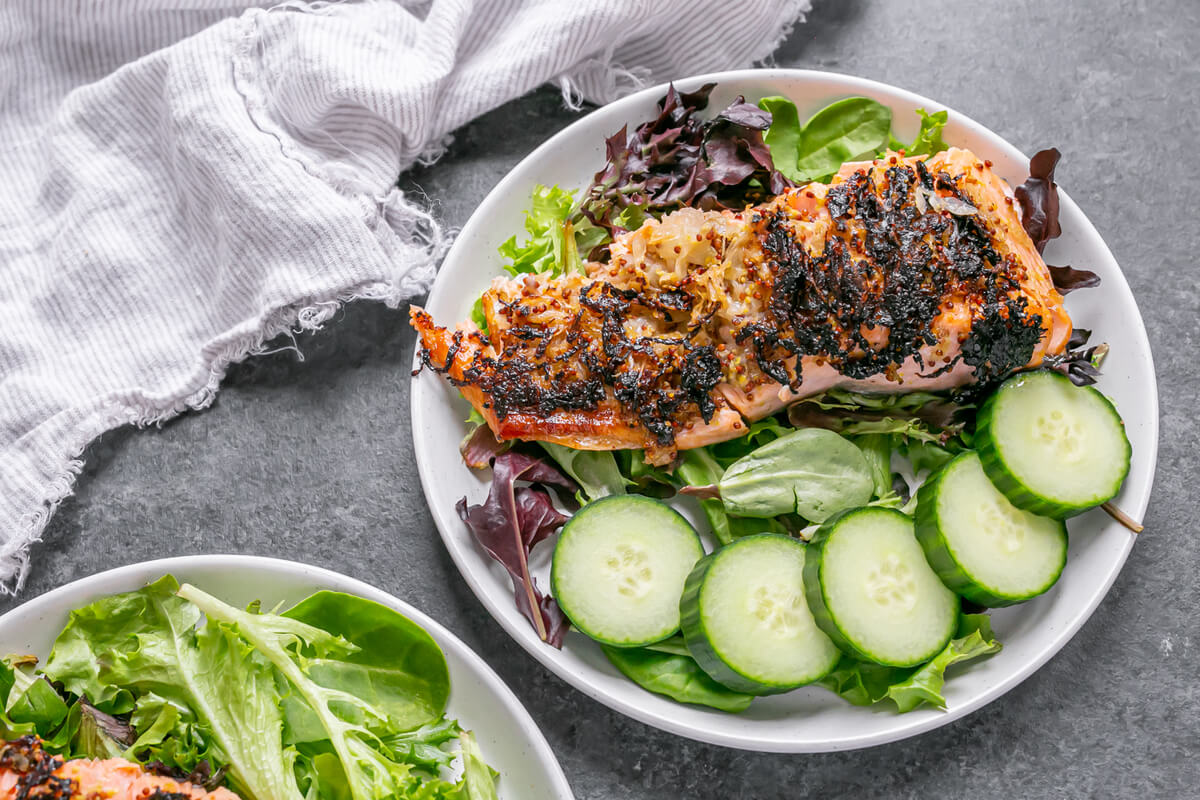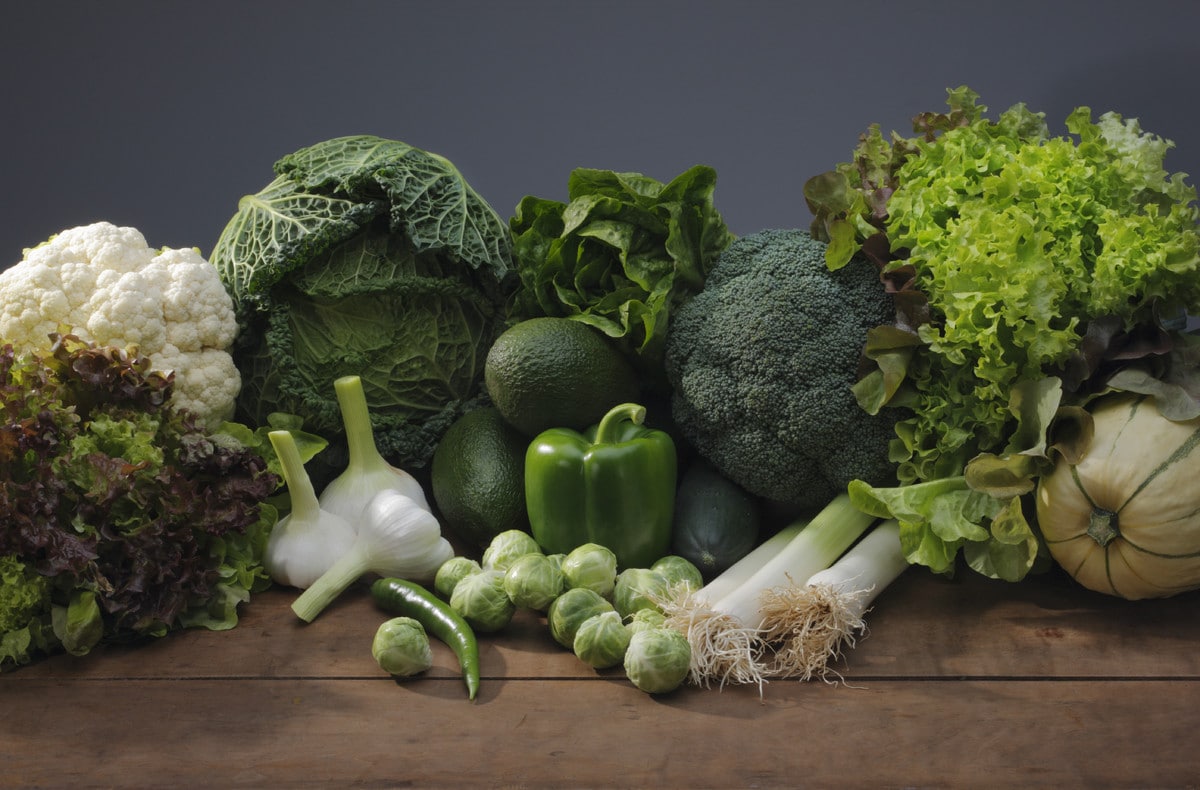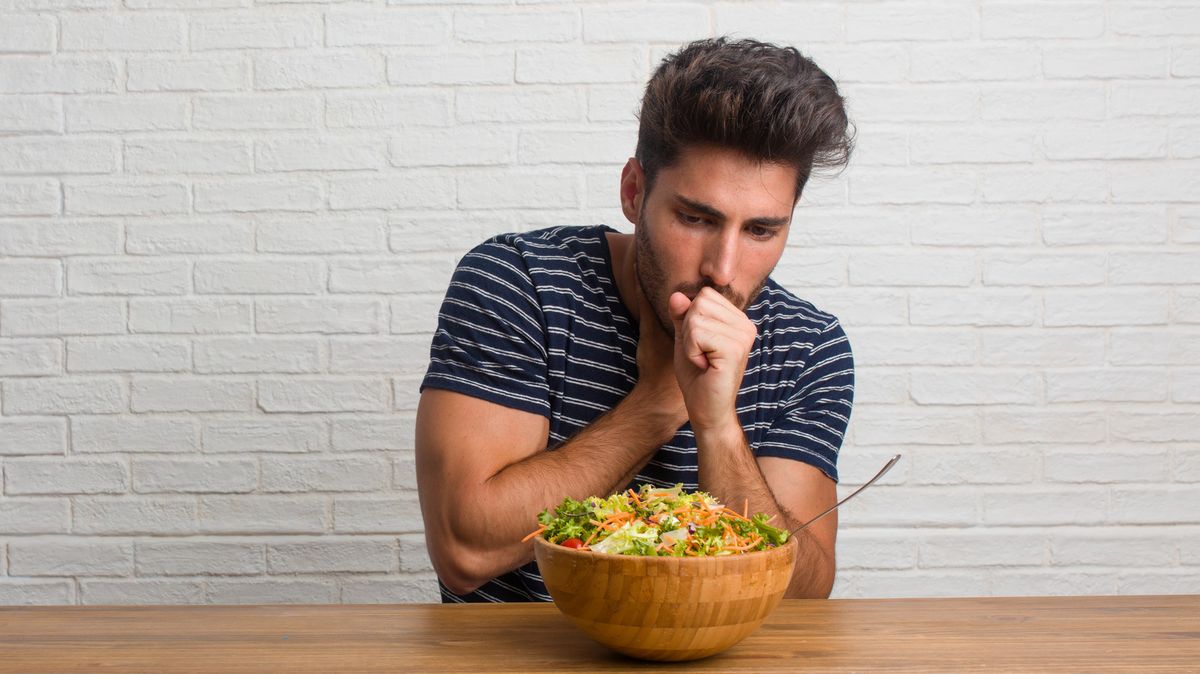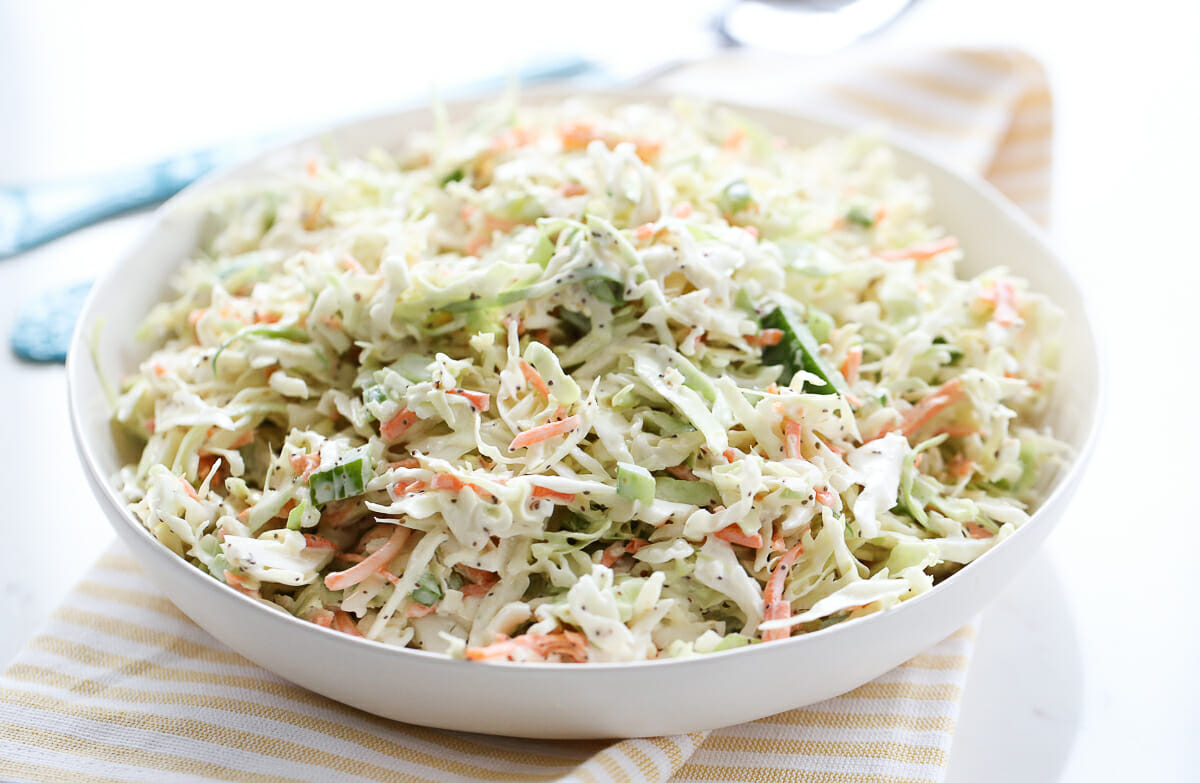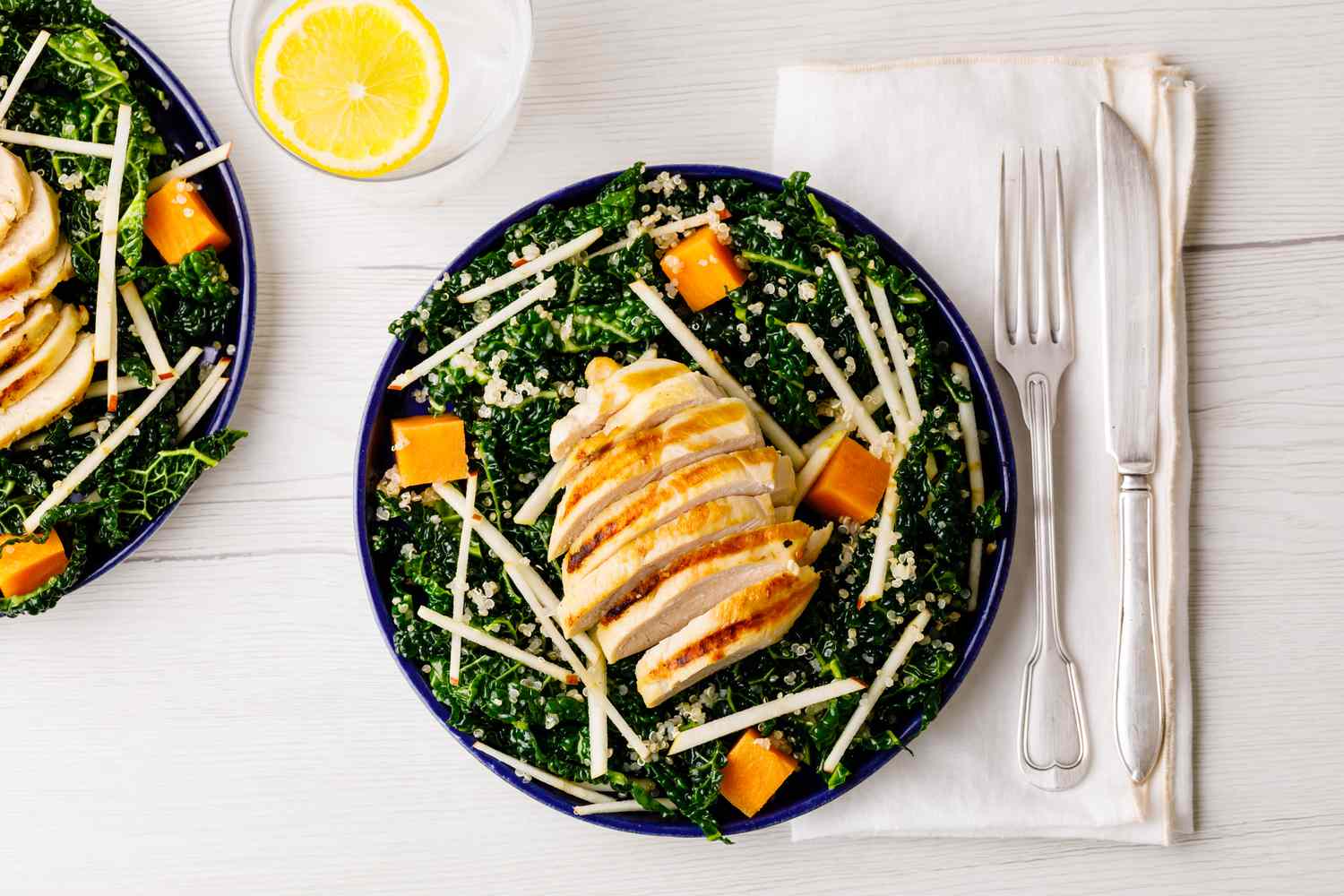How to Enjoy Your Meals Without Overeating and Avoiding Acid Indigestion
Do you often find yourself overeating and then suffering from acid indigestion? It’s a common problem that many people face, but the good news is that there are simple strategies you can use to eat less without feeling deprived and without experiencing uncomfortable indigestion. Here are some tips to help you enjoy your meals while keeping indigestion at bay:
1. Slow Down and Chew Your Food Thoroughly
One of the most effective ways to eat less and prevent indigestion is to slow down and chew your food thoroughly. When you eat too quickly, you’re more likely to overeat because your body doesn’t have enough time to signal to your brain that you’re full. By chewing your food slowly and savoring each bite, you’ll give your body the chance to recognize when it’s had enough, helping you eat less and avoid indigestion.
2. Use Smaller Plates and Bowls
Believe it or not, the size of your plates and bowls can have a big impact on how much you eat. Using smaller dishes can trick your brain into thinking that you’re consuming a larger portion, which can help you feel satisfied with less food. This simple trick can help you eat less without feeling like you’re missing out.
3. Drink Water Before and During Meals
Staying hydrated is important for overall health, but it can also help you eat less and prevent indigestion. Drinking a glass of water before a meal can help you feel fuller, reducing the likelihood of overeating. Additionally, sipping water throughout your meal can help aid digestion and prevent acid indigestion.
4. Pay Attention to Your Body’s Hunger and Fullness Cues
Learning to listen to your body’s hunger and fullness cues is essential for eating less and avoiding indigestion. Before reaching for seconds, take a moment to assess whether you’re truly hungry or if you’re simply eating out of habit or boredom. Similarly, pay attention to how your body feels as you eat, and stop when you start to feel satisfied, even if there’s still food on your plate.
5. Choose Foods That Are Easy on the Stomach
Some foods are more likely to trigger acid indigestion than others. If you’re prone to indigestion, opt for lighter, less acidic foods that are easier on the stomach. This might include lean proteins, vegetables, and whole grains. Avoiding heavy, greasy, or spicy foods can help prevent indigestion and make it easier to eat less without discomfort.
By incorporating these simple strategies into your eating habits, you can enjoy your meals without overeating and without experiencing acid indigestion. Remember, it’s all about being mindful of your body’s signals and making choices that support your digestive health. With a little practice, you can find a balance that allows you to savor your food while feeling great after every meal.
